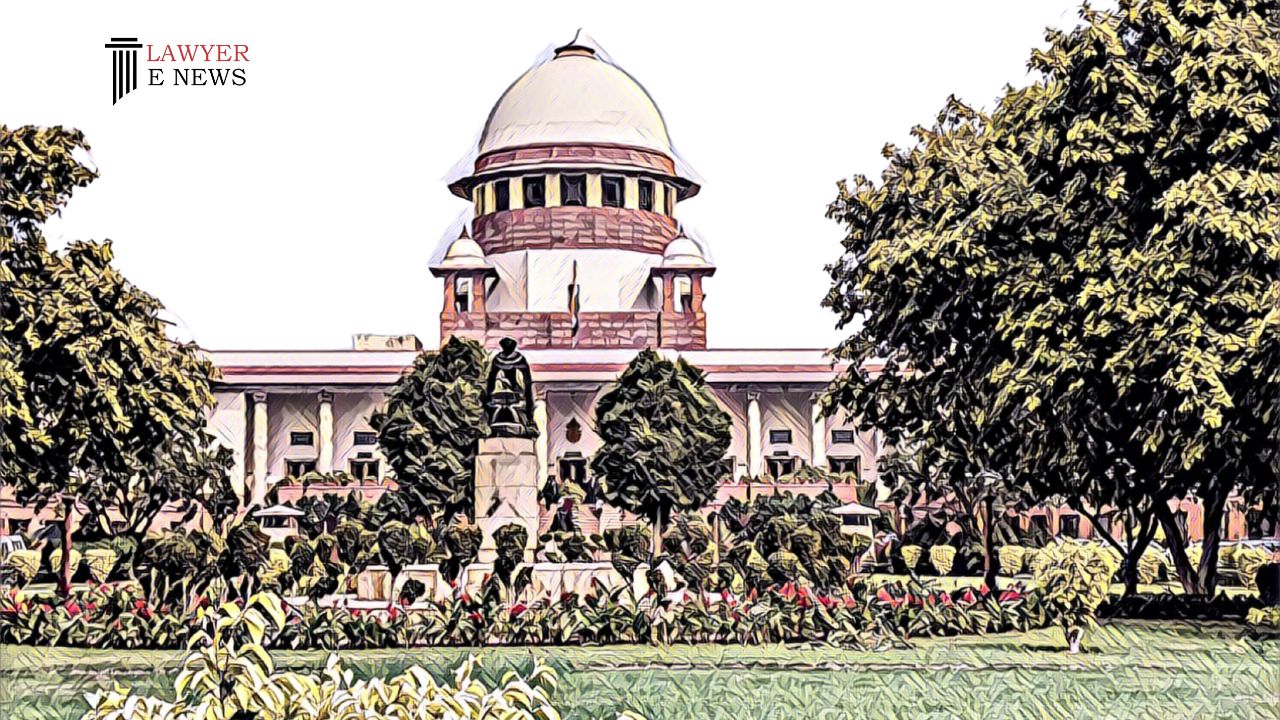-
by Admin
15 February 2026 5:01 PM



In a significant ruling, the Supreme Court clarified the interpretation of the term ‘workman’ under Section 2(s) of the Industrial Disputes Act, 1947. The Bench, comprising Justices Hima Kohli and Ahsanuddin Amanullah, delivered the verdict on 2nd April 2024 in the Civil Appeal No. 5187 of 2023, involving M/S Bharti Airtel Limited and A.S. Raghavendra.
The Court’s judgment focused on two key legal points: the definition of ‘workman’ under the Industrial Disputes Act and the scope of judicial review under Articles 226 and 227 of the Constitution. The case centered around whether an employee in a supervisory or managerial role, without the power to appoint, dismiss, or hold disciplinary inquiries, falls under the definition of ‘workman’.
The respondent, previously employed by Bharti Airtel Limited as Senior Manager, alleged forced resignation, seeking protection under the Industrial Disputes Act as a ‘workman’. The Labour Court ruled against the respondent, a decision which was later set aside by the High Court based on the precedent of Ved Prakash Gupta’s case. Bharti Airtel Limited appealed to the Supreme Court against this High Court decision.
Definition of ‘Workman’: The Court emphasized that the absence of certain powers in an employee does not automatically categorize them as a ‘workman’. The nature of duties and the overall role in the organization must be considered. The Court noted, “Mere absence of power to appoint, dismiss or hold disciplinary inquiries does not alone determine whether a person is a ‘workman’.”
Scope of Judicial Review: The Supreme Court reiterated that the High Court should not act as an appellate authority in re-appreciating facts unless there is a glaring infirmity in the Tribunal’s order.
Applicability of Industrial Disputes Act: Given the supervisory role and the substantial remuneration of the respondent, the Court held that he does not fall under the definition of ‘workman’ in Section 2(s) of the Industrial Disputes Act.
Voluntariness of Resignation: The Court observed that personal dissatisfaction and a sense of being undervalued, without evidence of coercion, do not equate to a forced resignation.
Decision: The Supreme Court allowed the appeal, restoring the judgment of the Labour Court. It was held that the respondent is not a ‘workman’ as per the ID Act, and hence, the reference to the Labour Court against the appellant company was not maintainable.
Date of Decision: 2nd April 2024
M/S Bharti Airtel Limited v. A.S. Raghavendra
